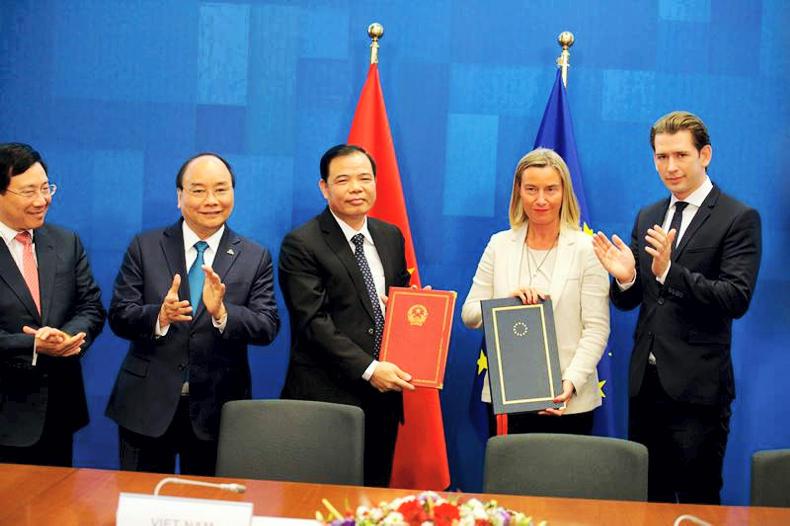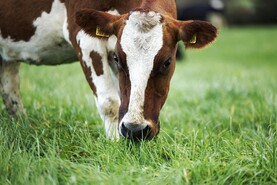The EU has completed the approval process for the FTA signed with Vietnam last June and it will come into effect once the Vietnamese government completes their ratification process. This is expected to happen within a few months.
The deal will eliminate tariffs, which are currently up to 20% on beef and dairy, 15% on frozen pigmeat and 40% on poultry meat. They will be phased out over five years in the case of beef and dairy, seven years for pigmeat and 10 years for poultry meat.
Dairy was Ireland’s biggest agri food export to Vietnam in 2019 at 7,035t, with SMP and infant formula the main products. Ireland exported 1,481t of beef and offal (mainly offal) according to the CSO, while the most recent DAFM figures for 2018 show that Ireland exported 211t of pigmeat, 102t of sheep meat and just 97t of poultry meat.
Even with the reduction in tariffs, Vietnam won’t be a major market for Irish meat exports in the immediate future.
However, according to the PwC world in 2050 report, Vietnam is expected to rise from being the 32nd largest economy in the world to the 20th. As the country becomes more affluent, its demand for meat imports is likely to increase.






 This is a subscriber-only article
This is a subscriber-only article









SHARING OPTIONS: